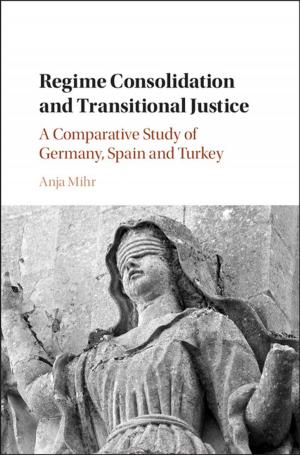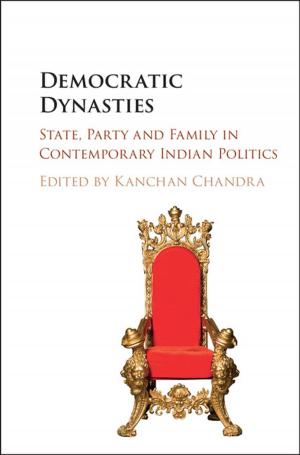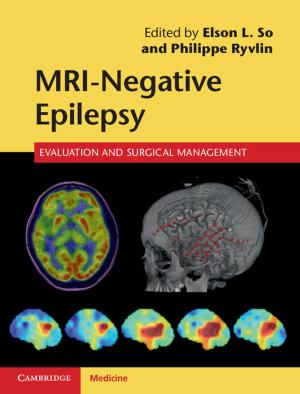Memory, War and Trauma
Nonfiction, Health & Well Being, Psychology, Clinical Psychology, Social & Cultural Studies, Social Science| Author: | Nigel C. Hunt | ISBN: | 9780511847059 |
| Publisher: | Cambridge University Press | Publication: | May 13, 2010 |
| Imprint: | Cambridge University Press | Language: | English |
| Author: | Nigel C. Hunt |
| ISBN: | 9780511847059 |
| Publisher: | Cambridge University Press |
| Publication: | May 13, 2010 |
| Imprint: | Cambridge University Press |
| Language: | English |
Many millions of people are affected by the trauma of war. Psychologists have a good understanding of how experiences of war impact on memory, but the significance of external environmental influences is often disregarded. Memory, War and Trauma focuses on our understanding of the psychosocial impact of war in its broadest sense. Nigel C. Hunt argues that, in order to understand war trauma, it is critical to develop an understanding not only of the individual perspective but also of how societal and cultural factors impact on the outcome of an individual's experience. This is a compelling book which helps to demonstrate why some people suffer from post-traumatic stress while other people don't, and how narrative understanding is important to the healing process. Its multidisciplinary perspective will enable a deeper understanding of both individual traumatic stress and the structures of memory.
Many millions of people are affected by the trauma of war. Psychologists have a good understanding of how experiences of war impact on memory, but the significance of external environmental influences is often disregarded. Memory, War and Trauma focuses on our understanding of the psychosocial impact of war in its broadest sense. Nigel C. Hunt argues that, in order to understand war trauma, it is critical to develop an understanding not only of the individual perspective but also of how societal and cultural factors impact on the outcome of an individual's experience. This is a compelling book which helps to demonstrate why some people suffer from post-traumatic stress while other people don't, and how narrative understanding is important to the healing process. Its multidisciplinary perspective will enable a deeper understanding of both individual traumatic stress and the structures of memory.















